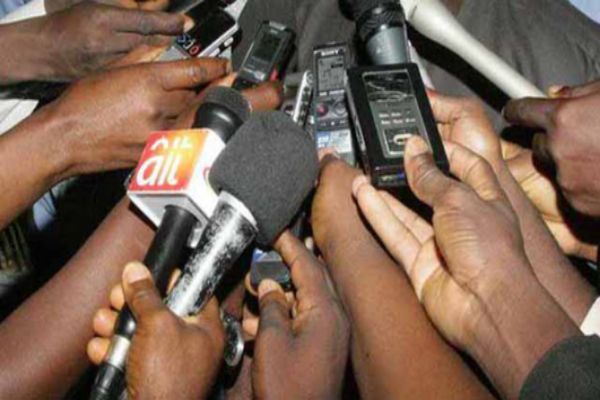The Clerk to the National Assembly (CNA), Mr. Kamoru Ogunlana, has said Hansard/Verbatim reporters remain indispensable in legislative proceedings despite rapid advances in Artificial Intelligence (AI) and transcription technologies.
Ogunlana made the remark on Tuesday at the Annual National Delegates Conference of the Association of Hansard/Verbatim Reporters of Nigeria, held at the National Assembly in Abuja. He was represented by the Clerk of the House of Representatives, Dr. Yahaya Dan-Zaria.
“Before technology became this advanced, it was Hansard reporters who ensured that every aspect of parliamentary business was accurately captured in the official votes and proceedings,” he said.
He stressed that while AI-powered transcription tools now exist, they fall short in critical areas—particularly in multilingual environments such as Nigeria.
“Every time there’s a dispute over who said what in the chambers, it’s the Hansard reporters that provide clarity because they record and transcribe proceedings word for word. Today’s transcription tools often render submissions inaccurately, and their limitations become even more apparent when language barriers arise,” Ogunlana added.
Citing international examples, he noted that although the British Parliament deploys automated transcription through advanced microphones, human input remains essential.
“Machines can transcribe, yes, but when it comes to local dialects and Nigeria’s linguistic diversity, technology alone cannot deliver. Unless we develop systems that can fully understand Hausa, Igbo, Yoruba and other local languages, the presence of trained Hansard reporters remains irreplaceable,” he stated.
The CNA further highlighted that the role of Hansard reporters goes beyond documentation. “They are the heartbeats of the parliament. For instance, ECOWAS often requests their expertise to cover sessions, highlighting their regional value,” he said.
While acknowledging that some AI systems can process over 120 languages, he maintained that none currently offer a comprehensive and nuanced understanding of Nigeria’s complex linguistic and legislative landscape.
In his remarks, the National President of the Association, Mr. Gobina Drisu, described Hansard reporters as “the silent architects of Nigeria’s democratic history.”
“We don’t just transcribe debates, we preserve the essence of our legislative process. Every word spoken on the floor of our chambers becomes a building block for our laws and governance. Without Hansard, vital records of our democratic evolution would be lost,” Drisu said.
Also speaking, the Executive Secretary of the National Assembly Library Trust Fund (NALTF), Mr. Henry Nwawuba—represented by Mr. Ameh Moses, Head of Human Resources and Administration—emphasised the collaboration between Hansard reporting and the National Assembly Library.
“The Library and the Hansard department are custodians of institutional memory. Together, they foster transparency, accountability, and public trust,” he said.


